Premium Only Content
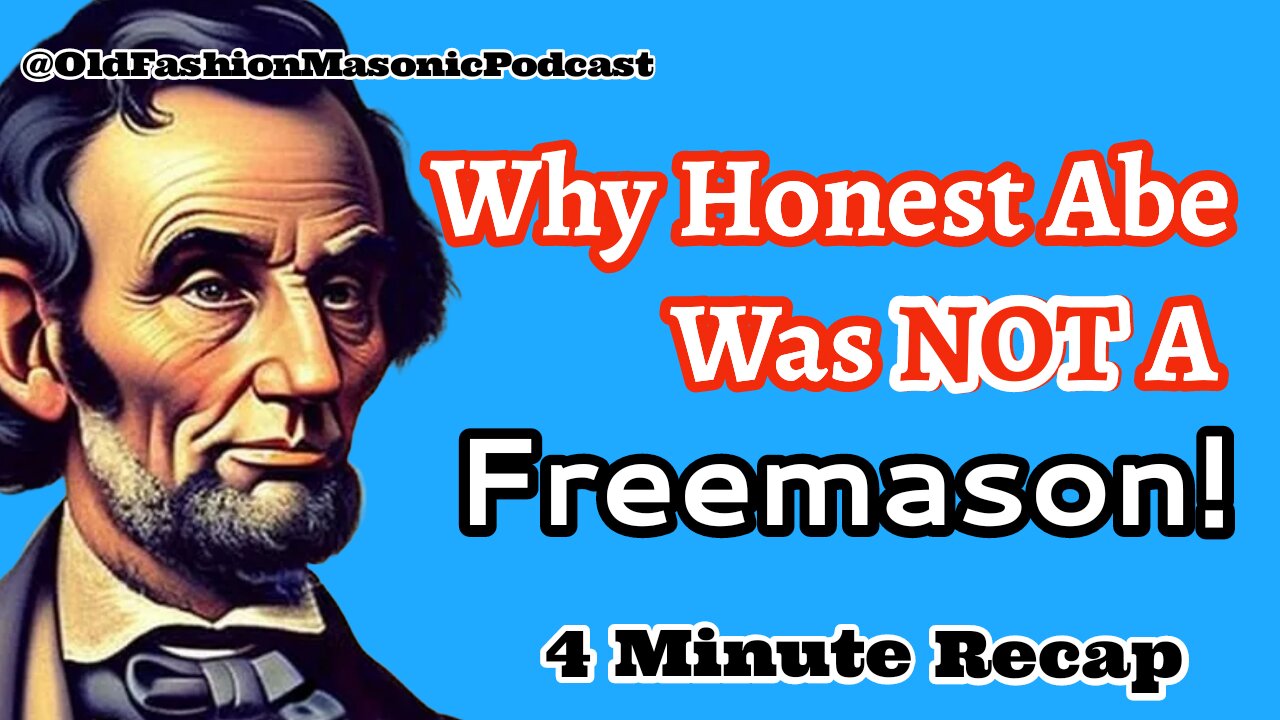
Lincoln's Freemason Dilemma; Why He Refused Freemasonry
Lincoln's Freemason Dilemma
Why Did Lincoln Not Join The Freemasons?
He petitioned, but never made it to his degrees, but why?
The Internet has drummed up many conspiracy type scenarios are here they are.
Scenario One: Prior Commitments and Time Constraints
Abraham Lincoln had always been a man of great ambitions and unwavering dedication to his duties.
After submitting his petition to join the Freemasons,
Lincoln found himself overwhelmed with the immense responsibilities of the presidency during a tumultuous time in American history.
The Civil War had torn the nation apart, demanding his undivided attention and tireless efforts to preserve the Union.
As the weight of the war pressed heavily upon his shoulders, Lincoln realized that committing time to the Freemasons would be a luxury he couldn't afford.
His days were consumed by the burden of leading a divided country through a conflict that tested the very foundation of democracy.
With countless lives hanging in the balance and the future of the nation at stake, Lincoln made the difficult decision to prioritize his presidential duties over joining the fraternity.
Despite his genuine interest in the Freemasons' principles and teachings, Lincoln's sense of duty to his country took precedence.
He admired their values of charity, brotherhood, and moral teachings.
The demands of the presidency left him with no choice but to set aside his personal aspirations of becoming a Freemason in order to focus on the greater good of the nation.
Scenario Two: Revelations from the "Presidential Diary Book"
Following his petition to join the Freemasons, Lincoln's curiosity led him to a rare and intriguing manuscript known as the "Presidential Diary Book."
This remarkable volume chronicled the significant events in United States history, revealing the intricate involvement of Freemasons in pivotal moments.
As Lincoln delved deeper into the pages of this diary, he uncovered startling connections between the Freemasons and numerous historical events.
He learned of their roles in the mysterious disappearance and presumed death of William Morgan, a man who sought to expose Masonic secrets.
Additionally, the book detailed their involvement in events such as the Boston Tea Party and allegations of corruption tied to influential families like the Rockefellers and Vanderbilts.
Shocked by these revelations and feeling a sense of moral conflict, Lincoln began to question the true intentions and influence of the Freemasons throughout history.
He grappled with the conflicting information, unsure of whether aligning himself with such a group would compromise his principles or tarnish his legacy as the leader of a nation striving for justice and equality.
The revelations within the "Presidential Diary Book" left Lincoln torn between his desire for knowledge and the ethical dilemmas posed by the Freemasons' historical involvement in contentious events.
Ultimately, these discoveries cast doubt on his initial intention to become a part of the fraternity.
Scenario Three: Assassination on the Eve of Initiation
In this alternate scenario, Lincoln remained resolute in his intention to join the Freemasons despite the challenges and uncertainties.
The evening before his scheduled initiation, as he prepared himself for this significant step, tragedy struck.
A fateful turn of events led to an attempt on Lincoln's life by an individual with ulterior motives, determined to thwart the president's initiation into the fraternity.
In a shocking and untimely act of violence, Lincoln fell victim to an assassination plot, leaving the nation in mourning and his aspiration to become a Freemason unfulfilled.
Some believe that John Wilkes Booth was a member of the Illuminati.
The Illuminati felt that Lincoln would expose their undermining of the newly formed United States.
The abrupt and tragic end to Lincoln's life on the eve of his initiation left an indelible mark on history.
Conspiracy theories and speculation emerged, suggesting that his pursuit of joining the Freemasons might have been a motive behind the assassination plot.
However, the truth remained shrouded in mystery, forever leaving Lincoln's intention to become a member of the fraternity unrealized and relegated to the realm of speculation and conjecture.
What do you think?
Is there a scenario that is more plausible that another.
-
 5:48
5:48
Old Fashion Masonic Podcast
1 year agoFreemason with 1,000 Voices
228 -
 57:40
57:40
MattMorseTV
7 hours ago $9.26 earned🔴Trump just SHATTERED the RECORD.🔴
50.1K87 -
 43:39
43:39
WickedVirtue
4 hours agoLate Night Spooky Plays
29.9K2 -
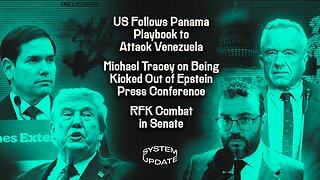 2:04:02
2:04:02
Glenn Greenwald
8 hours agoTrump and Rubio Apply Panama Regime Change Playbook to Venezuela; Michael Tracey is Kicked-Out of Epstein Press Conference; RFK Senate Hearing | SYSTEM UPDATE #508
106K130 -
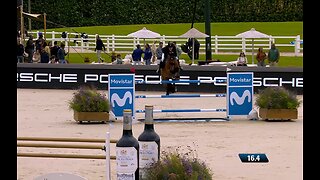 58:36
58:36
Total Horse Channel
9 hours ago2025 CSI3* A Coruña Porsche - Grand Prix
25.7K -
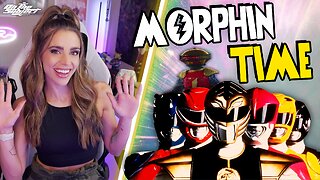 2:10:32
2:10:32
megimu32
5 hours agoOTS: Mighty Morphin Power Rangers & the 90s Movie That Defined a Generation
23.7K12 -
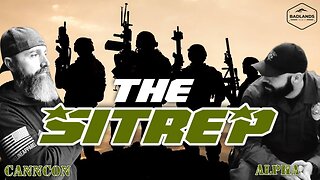 1:14:53
1:14:53
Badlands Media
20 hours agoTHE SITREP Ep. 128: Gun Rights, Sleep Paralysis, and Venezuela Cartel Strikes
42.4K11 -
 2:44:56
2:44:56
BubbaSZN
6 hours ago🔴 LIVE - FORTNITE WITH NEW KEYBOARD
15.5K1 -
 2:17:29
2:17:29
Mally_Mouse
6 hours agoThrowback Thursday! Let's Play: Cuphead
20.9K1 -
 5:38:23
5:38:23
StevieTLIVE
6 hours agoWarzone HYPE Duos with GloryJean
13.6K1